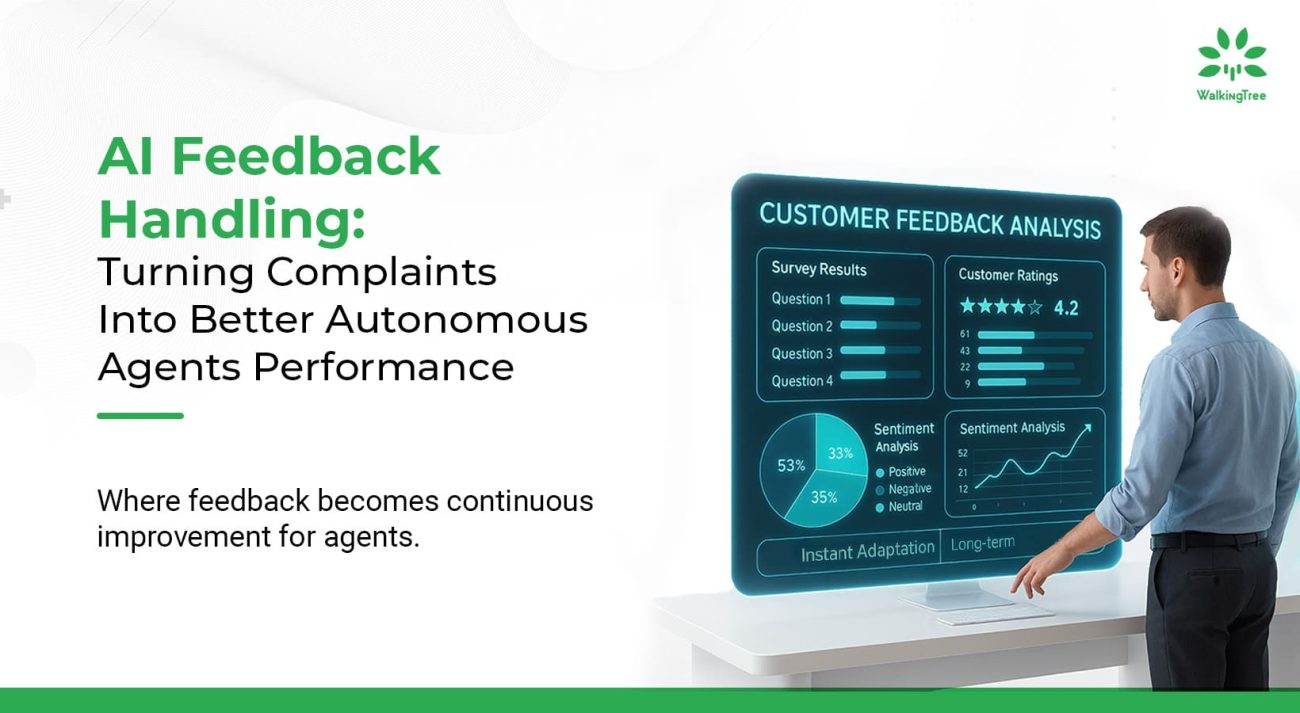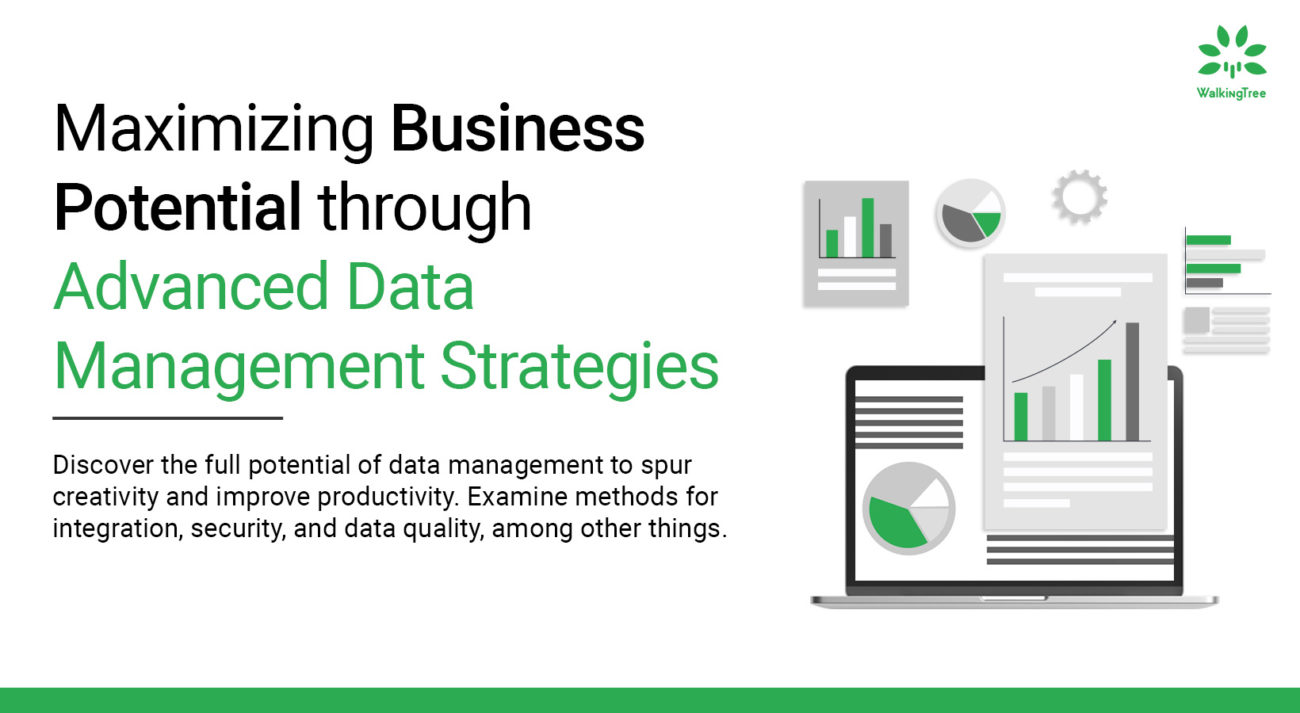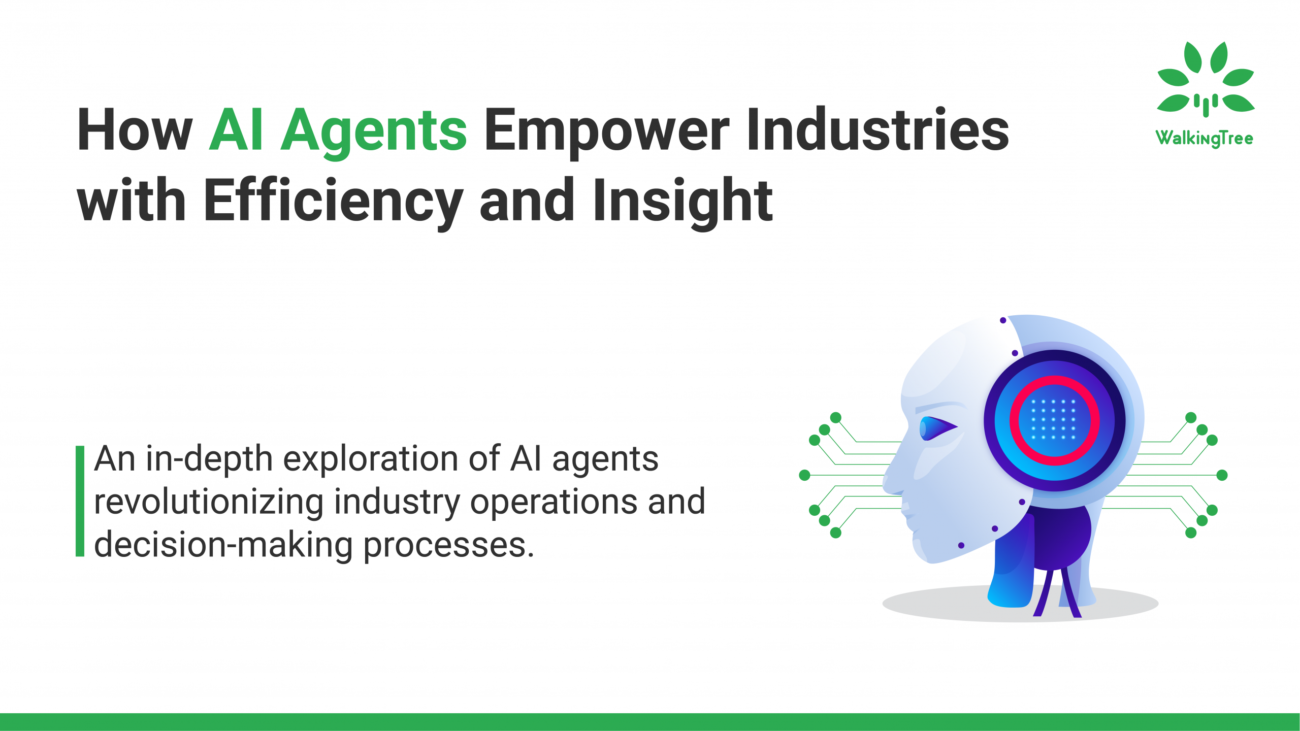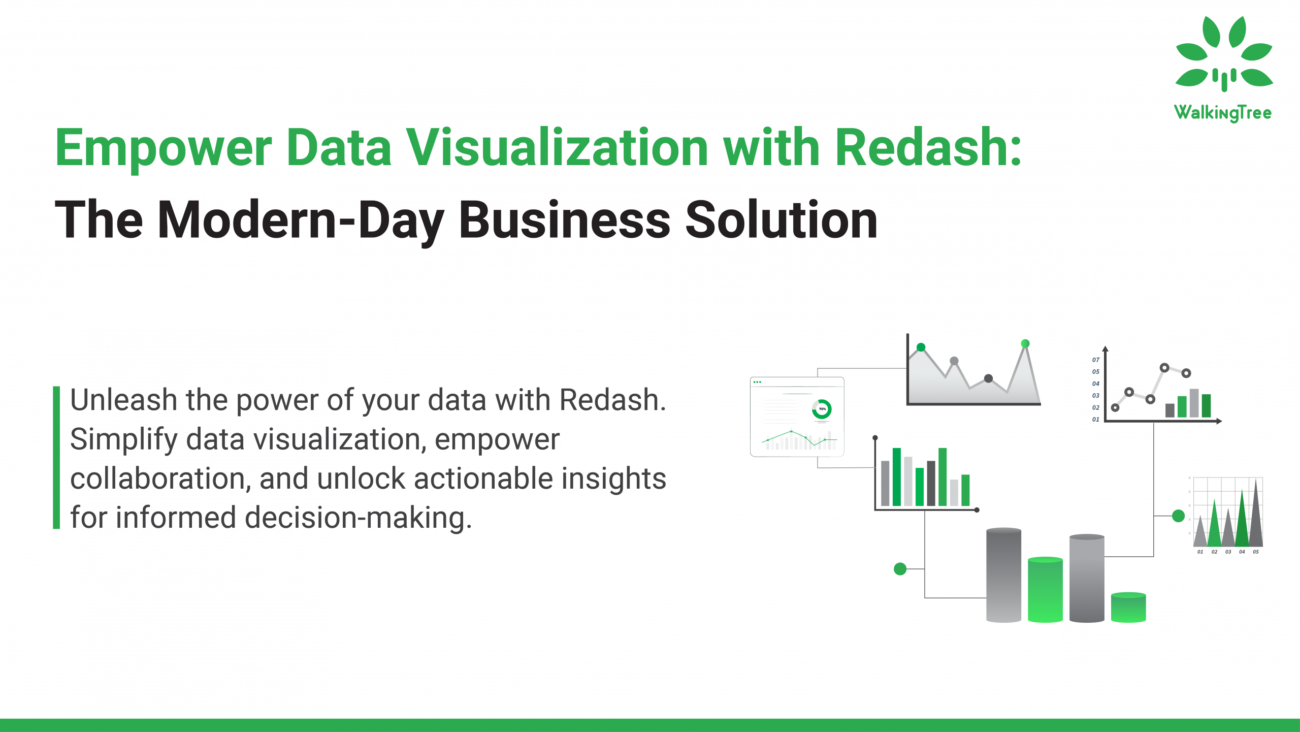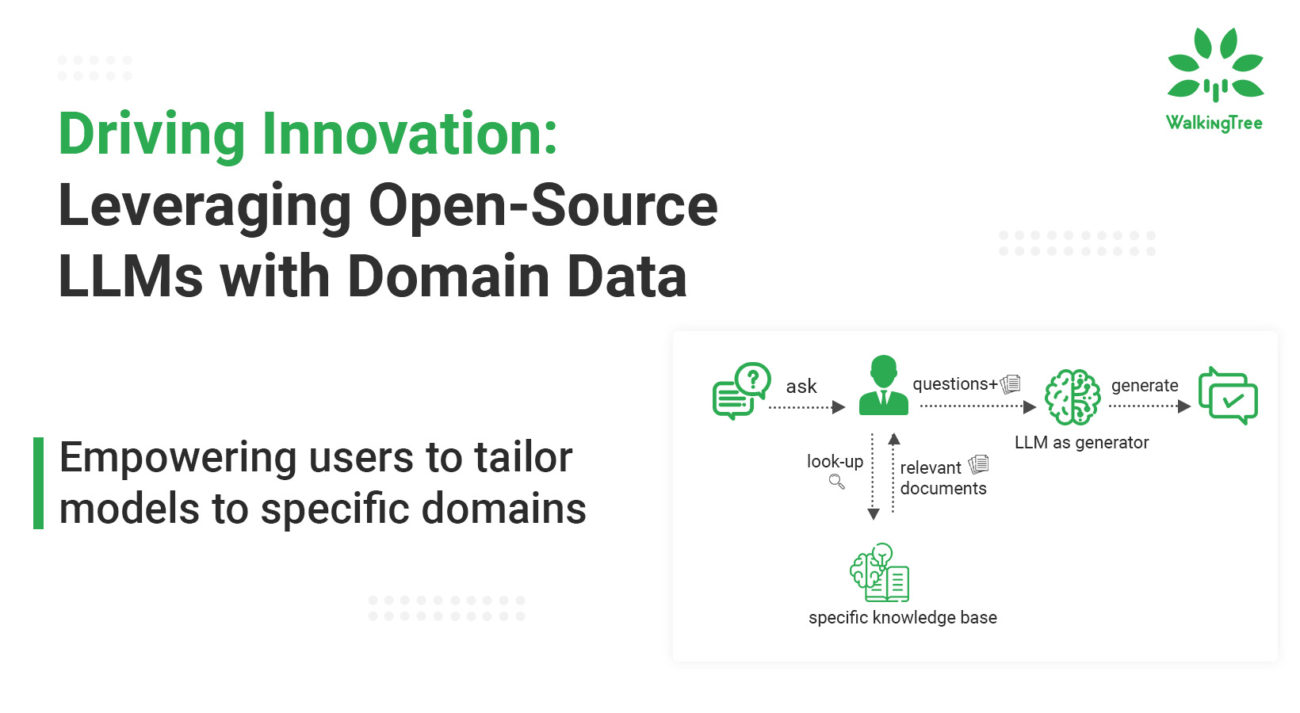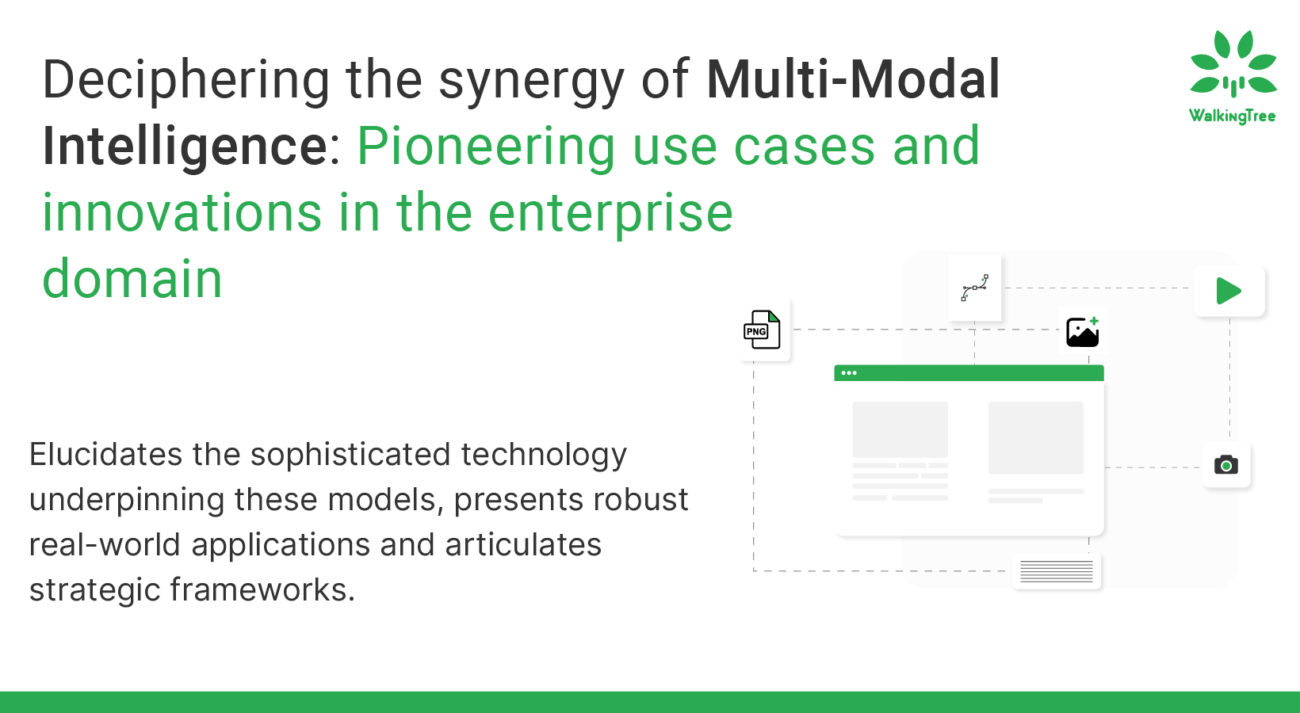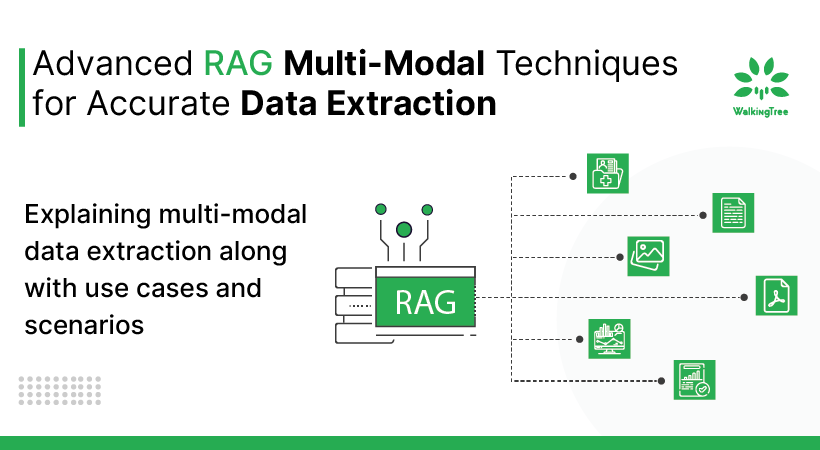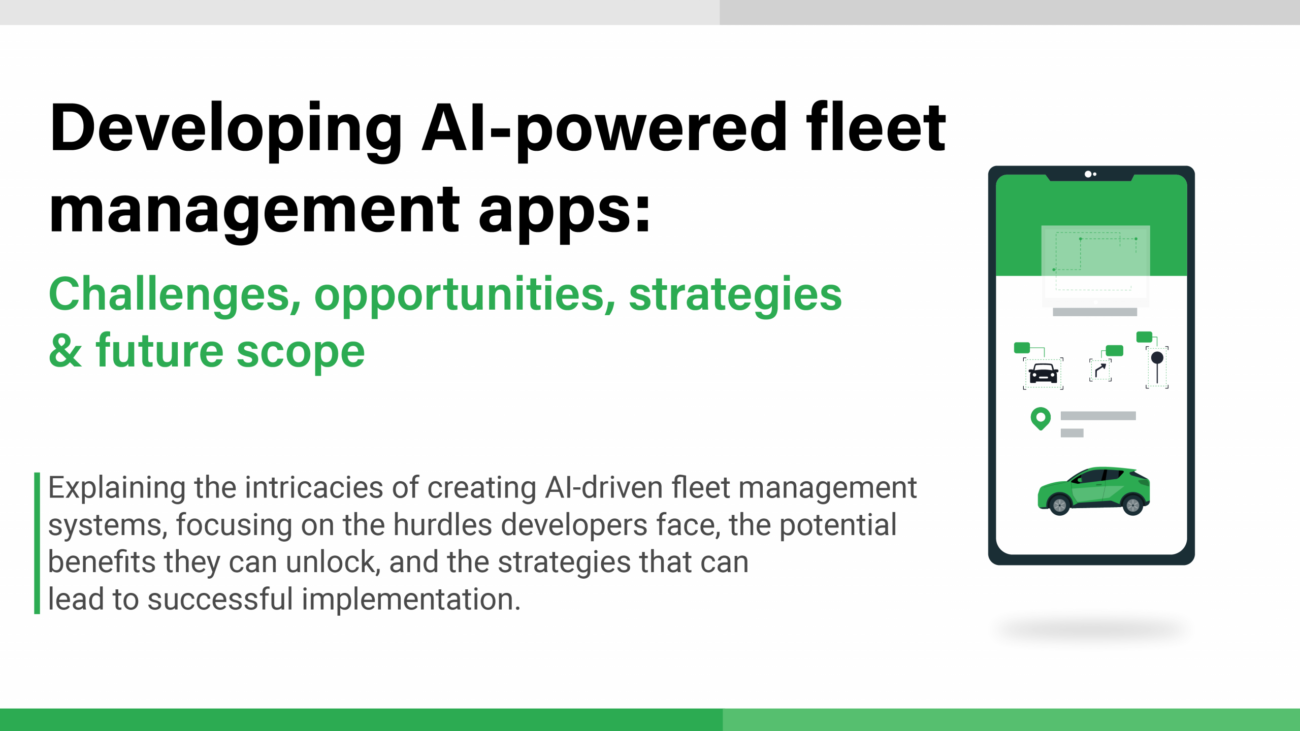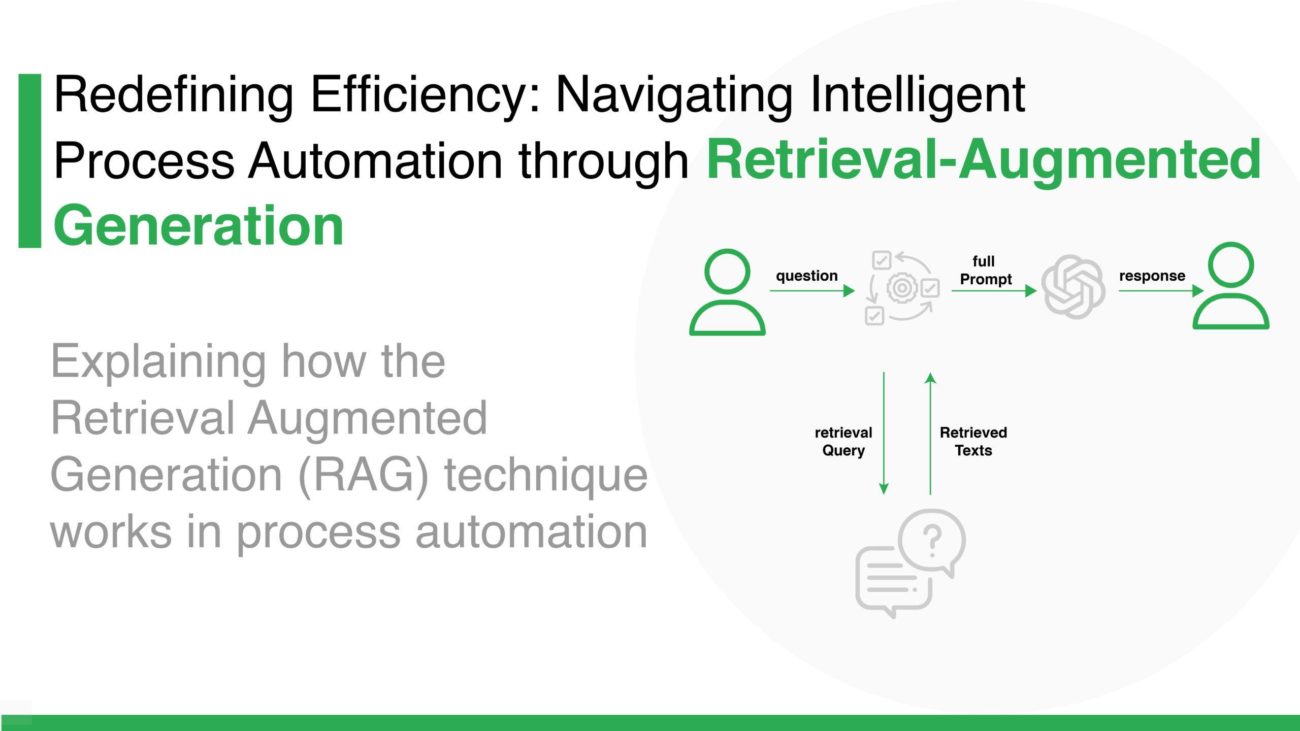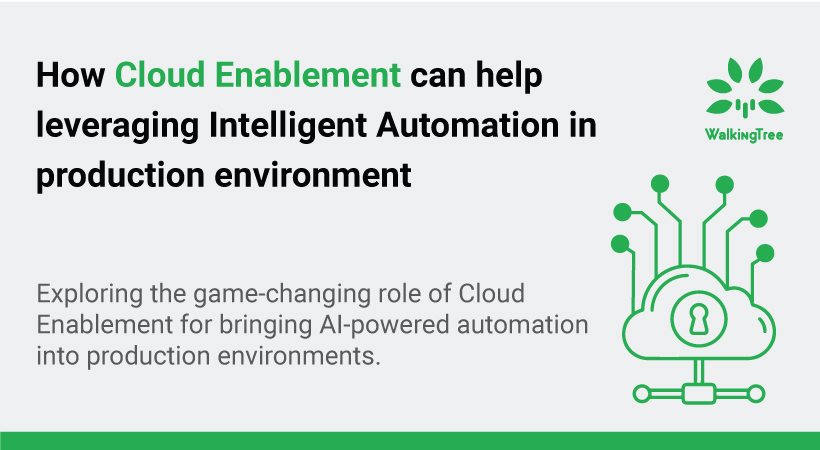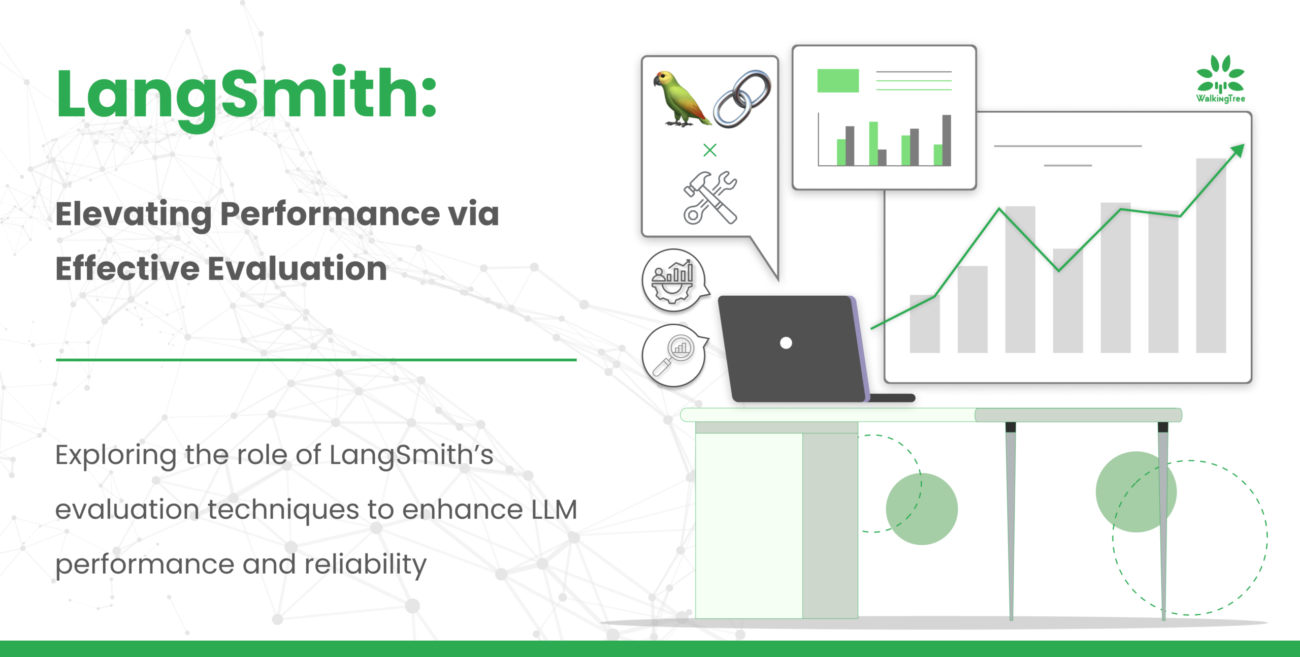
Blogs
Data Lakes Empowering Your Business


Picture a lake. Now, instead of water, fill this lake with data. The way the data flows into this lake is exactly how water would flow into any lake – from an external source. Typically, water flowing into a lake does not go through a filtration process. Using that analogy to our data lake we can draw a parallel and say that a data lake contains all kinds of data – structured and unstructured.
At its very basic, that is exactly what a data lake is – A place where data is held in raw form, with no hierarchical or organizational bias. Moreover, data lakes accept data of all types, and from all sources. Enterprises apply schemas to this data only when they are ready to use it.
While this explains what a data lake is, I think some may wonder; Why would an enterprise use a data lake as opposed to a data warehouse? After all, data stored in a data warehouse is organized and archived. Doesn’t that make things easier?
Whether something is easier or not, in truth, is subjective. Each enterprise has a unique goal and how they choose to store their data is based on that goal. Thus, as opposed to doing a comparative analysis on which is better – data lakes or data warehouses – it would be much more of a value add to delve into one topic.
Thus, in this blog, I will talk about the benefits of data lakes. You can use the information here to help you decide if this is the best method of data storage for you.
1. Data Democratization

As the world continues to become digital, the way corporations function will continue to change. Data democratization for example is one such trend that is gaining in popular demand. The idea that everyone in an organization can have access to data is appealing to many and data lakes make this possible.
Data Democratization grants the various teams in an organization access to volumes of data made understandable to all. This type of setup enables teams to respond quickly to changing trends and take decisive action on critical business trends, as opposed to waiting for the team with access to all the data to share insights and developments.
Thus, data democratization cancels out the waiting period and drives productivity.
2. Scalability

Building a scalable database is something that any ambitious organization strives to work toward. Having a scalable database ensures that your database grows at the same pace as your business.
Investing in a data lake is the right step in that direction. Data lakes are cheaper alternatives with a comprehensive set of tools to meet all your data storage needs. Additionally, scalability also helps deal with performance bottlenecks.
3. Empowering Legacy

Many organizations invest millions of dollars in building state-of-the-art legacy data systems. Transitioning from this to a data lake can be a daunting task, however, due to the flexibility offered by data lakes, as opposed to acting as a cog in the system, it adds value to it.
Data lakes help organizations leverage the potential of new technologies while simultaneously making legacy systems efficient. It does this by migrating capacity to new, flexible, and scalable systems.
4. Data at Its Best

We collect about 2.5 quintillion bytes of data each day. To put that into perspective, that’s 2.500,000,000,000,000,000. To put that into further perspective, if you had 2.5 quintillion pennies with you, and if you laid them out on the earth, they could cover the earth 5 times over!
That’s how much data we produce, each day. With this much data, how can you bring out quality? Data lakes enable its users to do so. A report by Aberdeen helps us see how. It shows that 56% of data lake users have reported improved data quality, 52% of users note a significant improvement in speed of information delivery, and 47% of users speak of improved analytics.
Data lakes empower organizations by improving their efficiency of data capture, the accessibility of data, and timely information delivery. Due to its clean and consumable foundation, organizations can accelerate the flow of information, mitigate risks of data duplication and corruption, and through analytics improve ROI.
The Value
1. Customer Interactions

Data lakes enable organizations to combine data they’ve gathered from their CRM platforms, with data gathered from social media analytics. They can leverage insights from things like incident tickets and truly understand their customers.
Organizations can use tools like customer cohorts to identify the causes of customer churn. They can use this information to develop solutions that can improve customer loyalty and retention.
2. Research & Development

R&D teams are responsible for bringing invaluable insights to the organization. Data lakes benefit these teams by empowering their testing capabilities. R&D teams can better understand their customers due to faster results and refined understandings.
In medicine, for example, such an advantage can help with genomic research, resulting in better medicines. Additionally, these improvements can also help understand the psyche behind the decisions their customers make.
AWS for Data Lake
A challenge that organizations can face while implementing a data lake architecture is – raw data being stored without oversight. The problem here is that data in its raw form may not always be usable or secure. Organizations will need to have defined mechanisms to classify and secure their data.
AWS provides a comprehensive, scalable, secure, and cost-effective set of services. These empower organizations to seamlessly integrate defined mechanisms into their data lakes. Thus being able to use them to their full potential.
A Final Word
Data Lakes has a lot of benefits, it is no wonder then that so many organizations are opting for it. I hope this blog gave you some insight into data lakes and how they can help your organization. If you need more information on data lakes, keep tabs on this page.


